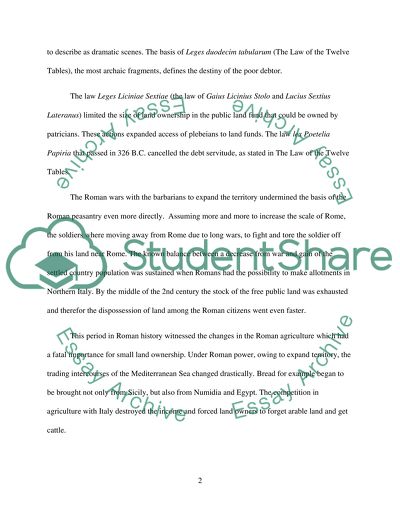Cite this document
(“Roman History Essay Example | Topics and Well Written Essays - 1000 words”, n.d.)
Retrieved from https://studentshare.org/miscellaneous/1519456-roman-history
Retrieved from https://studentshare.org/miscellaneous/1519456-roman-history
(Roman History Essay Example | Topics and Well Written Essays - 1000 Words)
https://studentshare.org/miscellaneous/1519456-roman-history.
https://studentshare.org/miscellaneous/1519456-roman-history.
“Roman History Essay Example | Topics and Well Written Essays - 1000 Words”, n.d. https://studentshare.org/miscellaneous/1519456-roman-history.


